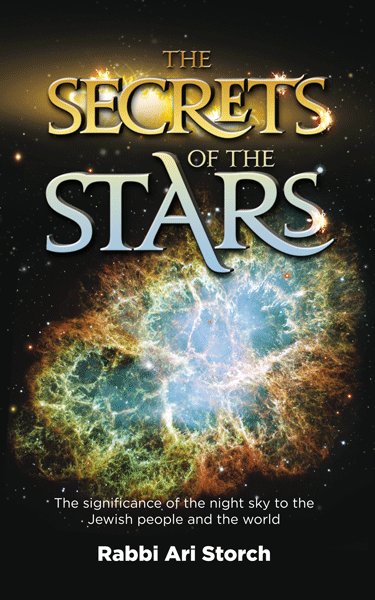This weekend will mark the peak of this year's Perseid meteor shower. As comets swing by our planet, they leave behind all sorts of dust and debris. Every year when Earth's orbit puts us into the dusty area of space, these particles enter our atmosphere. These particles then appear to flare up and, from our perspective, look like small stars that streak across the sky. In fact, many refer to such objects as shooting stars. On any given night there are a few particles that enter the atmosphere, but when we enter these dustier areas there are many more and the name meteor shower has been designated for these more active times.
There is an interesting halachah that if one sees a meteor he is to recite the brachah of oseh ma'aseh bereishis. This brachah can only be said on one meteor per night. (See Shulchan Aruch OC 227:1 and MB 227:1.)
Perhaps somewhat poetically, I find that reflecting on these types of events can give one both chizuk and mussar. A small piece of dust all of a sudden erupts into a fiery particle that, from Earth, appears to be a shooting star. As humans we have been created from dust, but we, too, are able to put on a great show and become great like the stars. However, we have to realize that our time here is fleeting. After a few moments these "stars" tend to burn out and leave no lasting mark. It is only the few larger particles that are big enough to survive the descent through the atmosphere and touch down to the ground. The vast majority leave no lasting impression.
This year's Perseid shower is not expected to be one of the more spectacular meteor showers. It is predicted to produce approximately one meteor per minute. Keep in mind that in many locations the sky conditions will not permit one to see the meteors that clearly.
Subscribe to:
Post Comments (Atom)


No comments:
Post a Comment